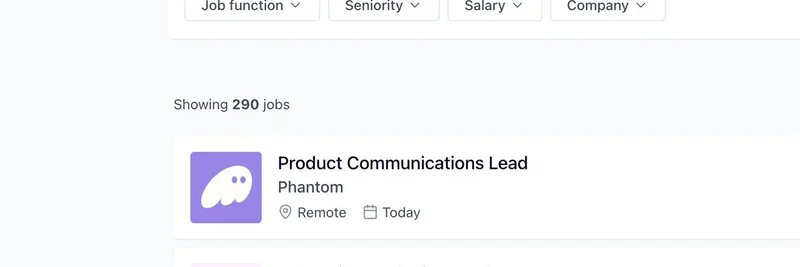In the fast-paced world of crypto, narratives can spread like wildfire, and one that's been buzzing lately is the idea that $HYPE—the native token of Hyperliquid, a cutting-edge decentralized perpetual futures exchange on its own Layer-1 blockchain—is "overowned." But according to a recent post from @defi_monk, a respected voice in DeFi circles, this couldn't be further from the truth. Let's break down his key points and see why $HYPE might still have plenty of room to grow.
Defi_monk kicks things off by challenging the overownership claim head-on, backing it up with onchain distribution data. For those new to the term, onchain data refers to transparent records on the blockchain that show how tokens are held and moved among wallets. He argues that while some vocal communities on X (formerly Twitter) might make it seem like everyone is loaded up on $HYPE, the reality is different. Anecdotally, when he polls folks outside the hardcore Hyperliquid ecosystem (often called ".hls" or Hyperliquid natives), their allocations are modest at best.
One big factor he highlights is the presence of passive holders—investors who've stacked up massive unrealized profits (uPNL) in blue-chip assets like $BTC, $ETH, and $SOL over multiple market cycles. These are folks sitting on eight or nine-figure gains who haven't fully rotated into $HYPE yet. Remember, $HYPE hasn't even been circulating for a full year, which brings tax implications into play. Selling established holdings to buy into a newer token like $HYPE could trigger hefty capital gains taxes, making big players cautious.
Adding to this, many original gangsters (OGs) who grabbed early supply have already distributed their holdings to newer entrants at higher prices. This shifts the ownership to buyers with elevated entry points, meaning they're less likely to dump at the first sign of trouble. Defi_monk notes that these sellers aren't your average meme coin flippers; they're strategic players who'd buy back in if the price dips enticingly. He shouts out @ThinkingUSD as a prime example of this buy-low, sell-high, buy-back mentality.
He also pushes back on the echo chamber effect of X. Just because Hyperliquid enthusiasts are loud online doesn't mean the broader crypto world is overexposed. In fact, the community is "relatively small and poor" compared to the giants in the space—think funds and tech billionaires with billions in $SOL, or whales like Tom Lee with tens of billions in $ETH, and the endless stream of $BTC maxis. These exogenous bidders (outside big-money players) dwarf the current $HYPE holder base.
Even among liquid and venture funds that have dipped into $HYPE, allocations are conservative. Most are just waking up to the implications of HIP-3, which is Hyperliquid's Improvement Proposal 3—likely referring to upgrades in governance, staking, or ecosystem features that could boost the token's utility. These funds often have higher cost bases than retail traders, so they're in it for the long haul rather than quick flips.
Finally, as more mainstream outlets like @Citrini7 and even CNBC start covering $HYPE, it's opening the floodgates to a massive new buyer base. This exposure could bring in fresh capital from traditional finance and retail investors alike, far beyond the current circle.
So, what does this mean for meme token enthusiasts and DeFi practitioners? $HYPE embodies that meme-like virality with its strong community and rapid adoption, but it's backed by real tech in perpetual trading. If defi_monk is right, we're still early in its distribution phase, with untapped liquidity pools waiting to pour in. For those building their knowledge base on blockchain trends, keeping an eye on $HYPE's onchain metrics and community sentiment could reveal the next big opportunity.
Check out the original post for the full thread and join the conversation. As always, this isn't financial advice—do your own research and stay informed in this ever-evolving space.


